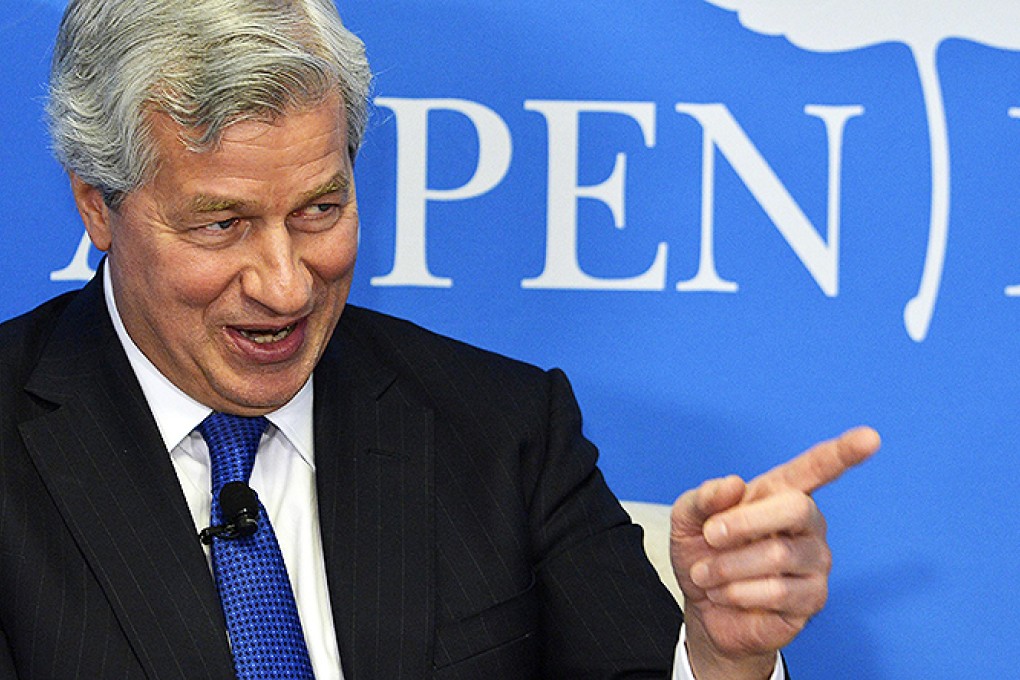Hiring probe highlights failure of Asia's business schools to teach ethics
Jeremy Leong says China hiring saga highlights lack of ethics training

US authorities are investigating claims that JPMorgan Chase hired the children of well-connected Chinese nationals in order to win business from mainland companies. Now, the China Insurance Regulatory Commission chairman and JPMorgan chief executive Jamie Dimon may be implicated.
As the "sons and daughters" saga unfolds, public discourse is focusing on the high politics and ethics of corruption, conflicts of interest and abuse of power. However, we should not forget one important group of moral actors: the sons and daughters themselves.
Could they have forestalled this affair by making the strongest ethical statement of all: "No thank you, but that's not quite how I'd like to lead my professional life"?
Assuming they knew approaches were being made on their behalf, what did they think? Did they consider the ethical positions they were in? Could they have forestalled this affair by making the strongest ethical statement of all: "No thank you, but that's not quite how I'd like to lead my professional life"? Ethics is, after all, concerned with ascertaining what is good for the individual and how one should live accordingly.
The failure of these young men and women (many of whom are probably business school graduates) to exercise their moral prerogative raises questions as to how they view ethics and how ethics is taught by business schools in Asia.
The problem, as I see it, is that these business schools may not have developed the requisite philosophical tools for a comprehensive education in ethics. The business school is largely a construct of Western business culture and Asian schools often take their cue from their counterparts in the US and Europe. However, traditionally, they do not deal with philosophical inquiry very well.
Business schools are great at teaching the practical skills required for commercial activity but not necessarily the theories explaining its objectives. Professor Michael Jensen from Harvard Business School, discussing curriculum changes, took the view that "we are not providing our students with an integrated view of the role of business in society and a deep understanding of the complex issues underlying the choice of a corporate objective function. This leaves them without a philosophy underlying what they do".